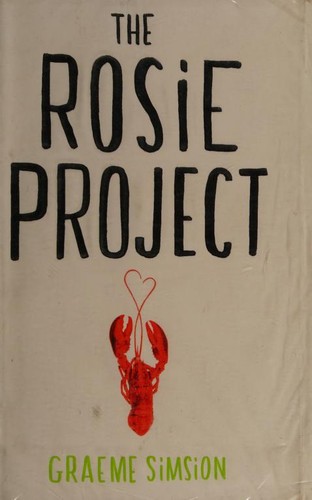Making Statements
[A2] This English module, Making Statements, teaches how to form declarative sentences. It covers subject–verb agreement, verb tenses, and punctuation to help learners express facts and opinions clearly.
Sentence Purpose
A statement is a sentence type used to give information, describe something, or express an opinion. In English, statements usually follow a predictable subject-verb order so the listener can quickly identify who or what the sentence is about and what happens. Statements can be affirmative or negative, and they can be short or expanded with extra details. This module focuses on how English builds statements clearly and correctly.
Which sentence is a statement (gives information or an opinion)?
Core Word Order
Most English statements use Subject + Verb + Object or Complement. The subject is who or what the sentence is about, the verb shows the action or state, and the object or complement completes the meaning. Keeping this order is especially important in English because word order carries a lot of grammatical information. Extra information like time and place is usually added after the core sentence.
Rule | Example |
|---|---|
Subjects
The subject is the person, thing, or idea that does the action or is in a state. Subjects can be a single noun, a pronoun, a name, or a longer noun phrase with determiners and adjectives. English requires an explicit subject in most statements, even when the meaning feels obvious. The choice of subject affects verb form, especially in the present simple.
Which part of this sentence is the subject? "The tall student finished the test."
Verb Types
English statements use different verb types: action verbs, linking verbs, and auxiliary verbs. Action verbs describe what someone does, while linking verbs connect the subject to a description or identity. Auxiliary verbs help form tenses, negatives, and emphasis, often working with a main verb. Understanding the verb type helps you choose the right structure for the rest of the statement.
Word/Phrase | Definition | Example |
|---|---|---|
What type of verb is underlined? "She is tired." (is)
Objects Complements
After the verb, English statements may use an object, a complement, or both. A direct object receives the action of the verb, while an indirect object is the recipient. Complements complete the meaning after linking verbs or certain main verbs by describing or identifying the subject or object. Choosing the correct element after the verb makes the statement grammatically complete and clear.
Rule | Example |
|---|---|
In the sentence "She gave me a key," which is the indirect object and which is the direct object?
Time Place Order
Statements often include adverbials that answer questions like when, where, how, or how often. In general, English places many of these details toward the end of the clause, after the object or complement. A common pattern is manner, place, then time, but English is flexible depending on what you want to emphasize. Keeping details in a natural order makes statements sound fluent and easy to follow.
Rule | Example |
|---|---|
Choose the sentence that follows the common order: manner, place, time.
Negative Statements
To make a negative statement in English, you usually use not with an auxiliary verb. If there is no auxiliary in the present simple or past simple, English uses do, does, or did plus not, and the main verb stays in the base form. With be, you add not directly to the verb. Negative statements keep the same word order as affirmative statements, with the negation placed in the verb phrase.
Rule | Example |
|---|---|
Simple vs Continuous
English statements often contrast simple and continuous forms to show different meanings. The simple form commonly expresses habits, facts, and completed actions, while the continuous form emphasizes an action in progress or a temporary situation. Choosing between them changes what your statement communicates about time and duration. Continuous forms require a form of be plus the -ing verb.
Rule | Example |
|---|---|
Which sentence shows an action in progress right now?
Linking Ideas
Statements can be combined to express more complex meaning using connectors and clause structure. Coordinating conjunctions join two similar ideas, while subordinating conjunctions add reasons, time relationships, or contrast. You can also use relative clauses to add information about a noun. Clear linking helps your statements flow while keeping grammar organized.
Word/Phrase | Definition | Example |
|---|---|---|
Which connector shows contrast?
Emphasis Focus
English can adjust statements to emphasize certain information without changing the basic meaning. You can add auxiliary do for emphasis in the present or past simple, move a phrase to the front for focus, or use cleft structures to highlight one element. These choices affect tone and what the listener notices first. Even with emphasis, statements still keep a clear subject and verb structure.
Rule | Example |
|---|---|
Which sentence uses 'do' for emphasis?
Punctuation Intonation
Written statements typically end with a period, and spoken statements usually have falling intonation. Commas help separate introductory phrases, extra information, and items in a list, making the structure easier to read. English punctuation supports meaning by showing grouping and pauses, especially in longer statements. Keeping punctuation consistent helps your statements sound natural in writing and clear when read aloud.
Rule | Example |
|---|---|
Which written sentence correctly ends a statement?



















